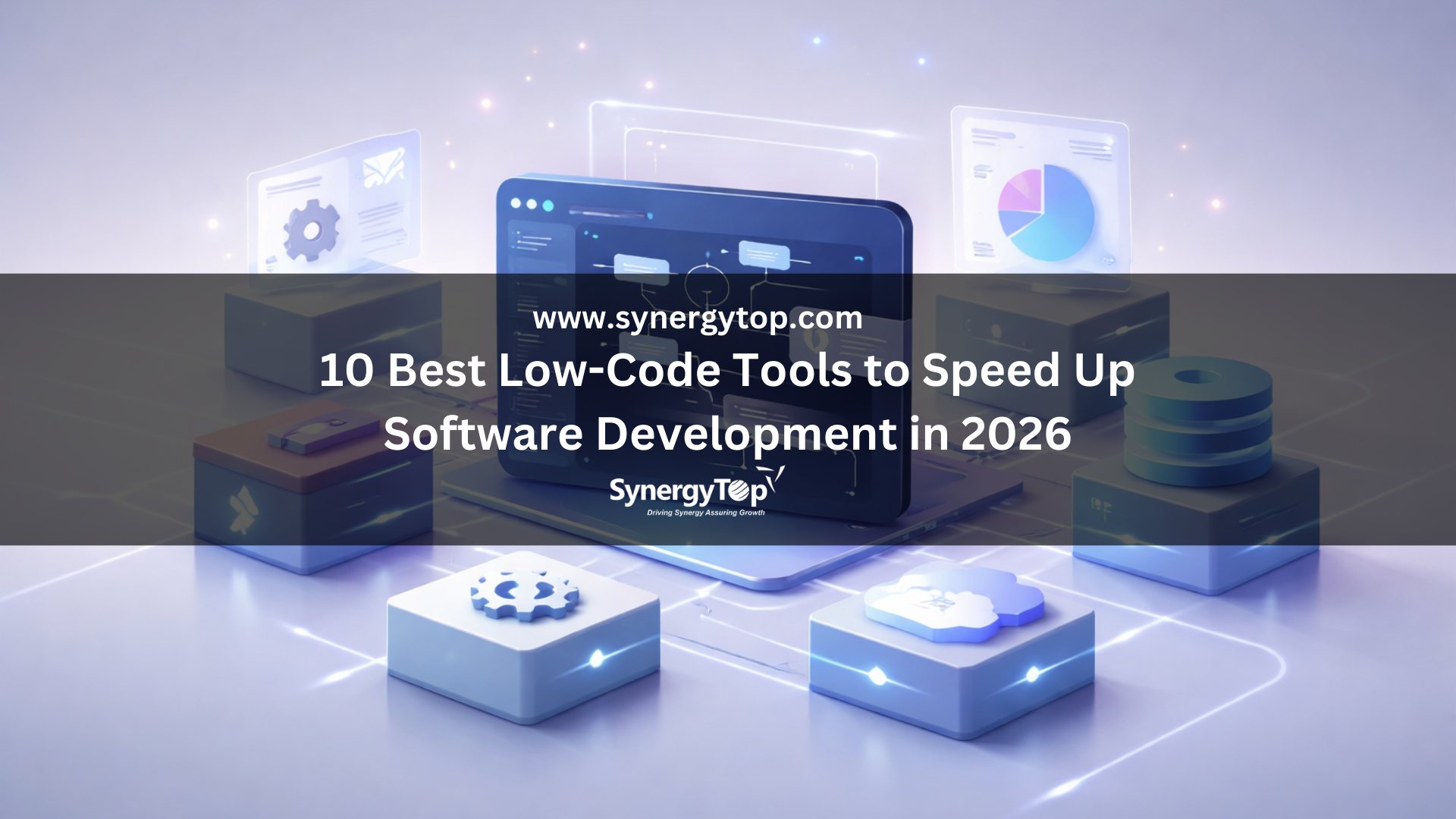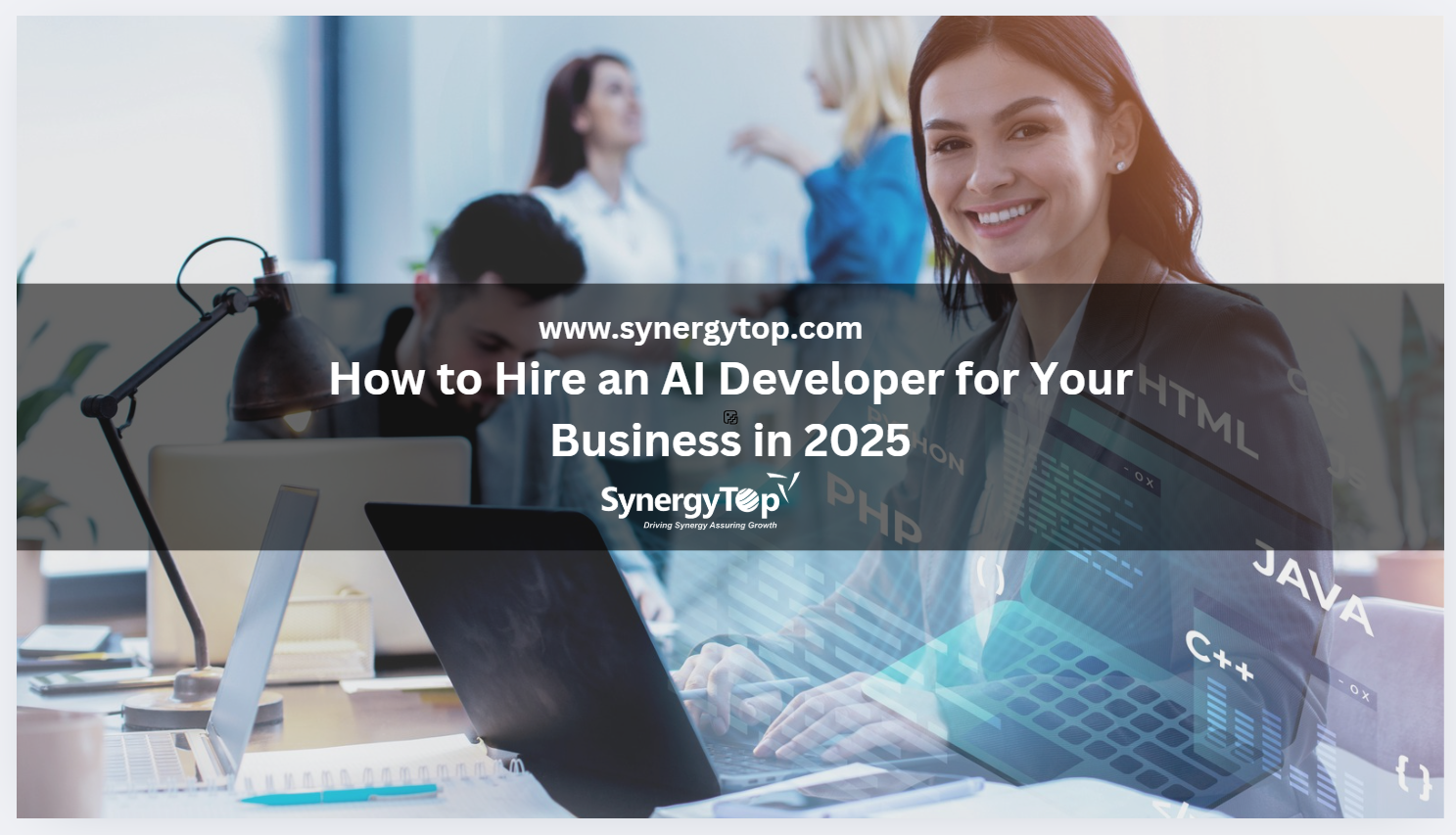During COVID, online spending surged by approximately 55%. But that storm has now settled.
More digital shopping carts are being abandoned. Customers are getting picky. Competition is getting stiffer. And it is becoming humanly impossible to deliver the level of personalization, customization, and service that customers often expect.
That doesn’t mean you need to close shop and sit back.
What it means is that now is the right time to start leveraging Machine Learning in eCommerce.
Machine Learning can help achieve outcomes that we can only dream of achieving manually.
Bigshots in the eCommerce landscape are already keeping up with this eCommerce technology trend.
Amazon, for example, uses an ML-powered recommendation engine that now drives 35% of its sales. It also adjusts prices every 10 minutes, based on an ML algorithm, which results in a 25% profit boost.
Alibaba is using ML to filter out counterfeit products. This is helping them build customer trust and ensure fewer disputes.
There are many other machine learning use cases in eCommerce too.
And if you are not already using ML in eCommerce, now is the right time to take the plunge, before it gets too late.
Wondering how ML can be used in eCommerce?
In this blog, we will walk you through the top applications of machine learning in eCommerce along with expert-approved tips and strategies to get the right results.
Let’s dive in.
Before we talk about ML in eCommerce, let us understand the basics of machine learning and how it relates to eCommerce.
Understanding the Basics of ML in eCommerce
Machine learning (ML) is like giving computers the ability to learn from experience without being explicitly programmed.
In the context of eCommerce, it’s akin to having a savvy assistant that becomes more adept at understanding customer preferences over time. That’s the key reason why there is a surge in the use of AI and machine learning in eCommerce.
Instead of following rigid instructions, ML allows systems to learn from data, identify patterns, and make decisions to improve outcomes.
How ML Algorithms Work?
ML algorithms are the brains behind the operation. They take in vast amounts of data — customer behaviors, purchase histories, website interactions—and discern meaningful patterns from the noise.
This learning process is akin to how humans learn from experience.
Once trained, these algorithms can predict future trends, and customer preferences, and even optimize processes. For eCommerce, this means more accurate product recommendations, personalized shopping experiences, and smarter decision-making throughout the customer journey.
Moreover, ML aids in inventory management by predicting demand patterns, preventing stockouts, and reducing excess inventory.
But how do you actually integrate AI and eCommerce, especially machine learning?
There are several strategies. Below, you will find the top 10 most actionable and result-oriented ML strategies for your eCommerce.
Top ML Strategies for eCommerce
1. Personalized Product Recommendations
Imagine walking into a store, and a helpful assistant knows exactly what you love. Wouldn’t you be more inclined to shop from them if they suggest products tailored just for you.
In the eCommerce domain, this magic is powered by Collaborative Filtering.
What is collaborative filtering? It is an ingenious machine learning strategy which studies what your or similar shoppers have liked or bought. Based on that, it recommends products that match your taste.
Amazon is a great example of this. The “Recommended For You” section does offer stuff that you’d actually buy, right? That’s all thanks to ML.

Source
2. Predictive Inventory Management
Would you go to a shop that never has the products you are looking for? Same way you can’t expect your customers to keep coming back to you when you just show them out-of-stock messages!
Machine learning, specifically Time Series Analysis, can play a crucial role in avoiding that. It can analyze past sales data, recognize patterns and predict future demand.
This not only saves your customers from the frustration of finding “out of stock” labels but also ensures that you are not handling an excess of items gathering dust in a warehouse.
3. Dynamic Pricing Optimization
Have you ever noticed that flight costs keep changing often? Every time you refresh, you've got another price.
Well, that's the result of Price Optimization Models, one of the most common applications of machine learning in eCommerce. And it is not limited to aviation. It is also being used for eCommerce products by giants.
By analyzing market conditions, competitor prices, and customer behavior, these algorithms dynamically adjust prices for maximum profitability.
Airlines use this strategy to fill seats efficiently and keep revenue flowing. You can use it to make sure your products get sold and there is no case of "in-cart, not bought".
It's like having a virtual negotiator, ensuring you close on sales based on real-time market dynamics.
4. Customer Segmentation for Targeted Marketing
Have you ever received an email with deals so tailored to your interests that it felt like the sender knew you personally?
No, it doesn’t mean eCommerce brands are stalking you. That’s the magic of Clustering Algorithms in machine learning.
These algorithms group customers based on behavior, allowing businesses to create personalized marketing strategies.
5. Fraud Detection and Prevention
Security is a top concern for eCommerce businesses, right? You want to keep your customers’ money and data secure. And you want to keep your systems safe too.
Machine learning can serve as a vigilant guardian here.
Through Anomaly Detection, it monitors transactions for unusual patterns, swiftly identifying and preventing fraudulent activities.
PayPal, for instance, uses this technology to spot irregular spending, protecting customers’ hard-earned money.
Research from Juniper suggests that in 2024, eCommerce retailers are likely to lose up to $50 billion. So now is the best time to invest in eCommerce fraud prevention with Machine Learning.
6. Chatbots and Virtual Assistants
Chatbots are the new in-thing. Everyone has one sitting on their website. It is among the most popular eCommerce technology trends today.
But remember: A static chatbot that answers customer queries based on set algorithms isn't going to take you far. Real success comes from NLP-powered chatbots, which use machine learning.
Unlike algorithm-based bots, these bots understand and then respond to customers' queries, providing instant support.
From tracking orders to answering product inquiries, they make the online journey smoother.
With the right chatbot development partner, you can ensure your eCommerce store has a helpful store assistant guiding your customers across virtual aisles and ensuring sales.
7. Image and Video Recognition for Search
Unless you are living under a rock, you know you can now find the perfect products and where to buy them with just a picture.
Visual search, powered by Computer Vision in machine learning, turns this fantasy into reality.
By analyzing images and videos, these algorithms enable visual search capabilities. Pinterest, for instance, uses this type of eCommerce ML and allows you to discover products by uploading images or taking pictures.

Source: techcrunch.com
Other brands like Neiman Marcus, Macy’s, Target, Amazon, and many others are also offering visual search.

Source: assets.econsultancy.com
8. Customer Lifetime Value Prediction
Did you know 58% of loyal customers recommend brands to their friends and family?
That’s not all. Loyal customers also tend to spend 31% more than new customers.
So it is safe to say that it pays to build lasting relationships with customers.
Machine learning can not just help you foster long-term relations by enhancing customer experience but also assist in predicting their long-term value.
Using Regression Analysis, it estimates the potential value a customer brings over their entire journey.
This can help you identify potential long-term customers and go out of your way to keep them happy.
9. Optimizing Email Marketing Campaigns
We all get emails. Sometimes more than we actually want to read.
But have you ever noticed that some just seem to understand your preferences perfectly? Well, those are the ones backed by Machine learning.
Through Predictive Analytics, even you can power up your marketing emails with this personalized touch.
This could mean sending personalized offers, discounts and custom product recommendations to drive more sales via email.
10. Voice Commerce and Smart Assistants
Talking to your devices and making purchases with a simple command might have sounded too futuristic a couple of years ago.
But it’s the reality today. With NLP and Speech Recognition in machine learning, talking and shopping is now possible.
Alexa, Amazon’s virtual assistant, exemplifies this. You can add items to your shopping cart, track packages, and make purchases using voice commands. It’s like having a personal shopper who listens to your needs and fulfills them with a simple “Hey Alexa.”

Getting Started With ML for eCommerce
To sum up our discussion so far, there are several ML use cases in eCommerce. And AI and machine learning in eCommerce make your business more intelligent and responsive.
It’s the technology that turns static online stores into dynamic, customer-centric platforms.
And this can be a game-changer for your business, helping you stay ahead in a competitive landscape.
But remember: eCommerce ML isn’t a solo drive. You need a team of experts – in Machine Learning & eCommerce – before you can get successful outcomes.
At SynergyTop, we have the expertise and experience to deliver on both grounds. With 10+ years of experience in the industry and having worked on 250+ eCommerce projects, we know what it takes to successfully sell online.
Moreover, we have a team of Artificial Intelligence and Machine Learning experts who can seamlessly integrate these technologies into your eCommerce site and yield stunning customer experiences. Plus, our experts stay up-to-date with all the latest eCommerce technology trends, helping your business stay ahead.
So don’t wait. Kickstart your journey towards ML-powered eCommerce with SynergyTop. Schedule a free consultation to discuss your ideas and bring them to life.
















